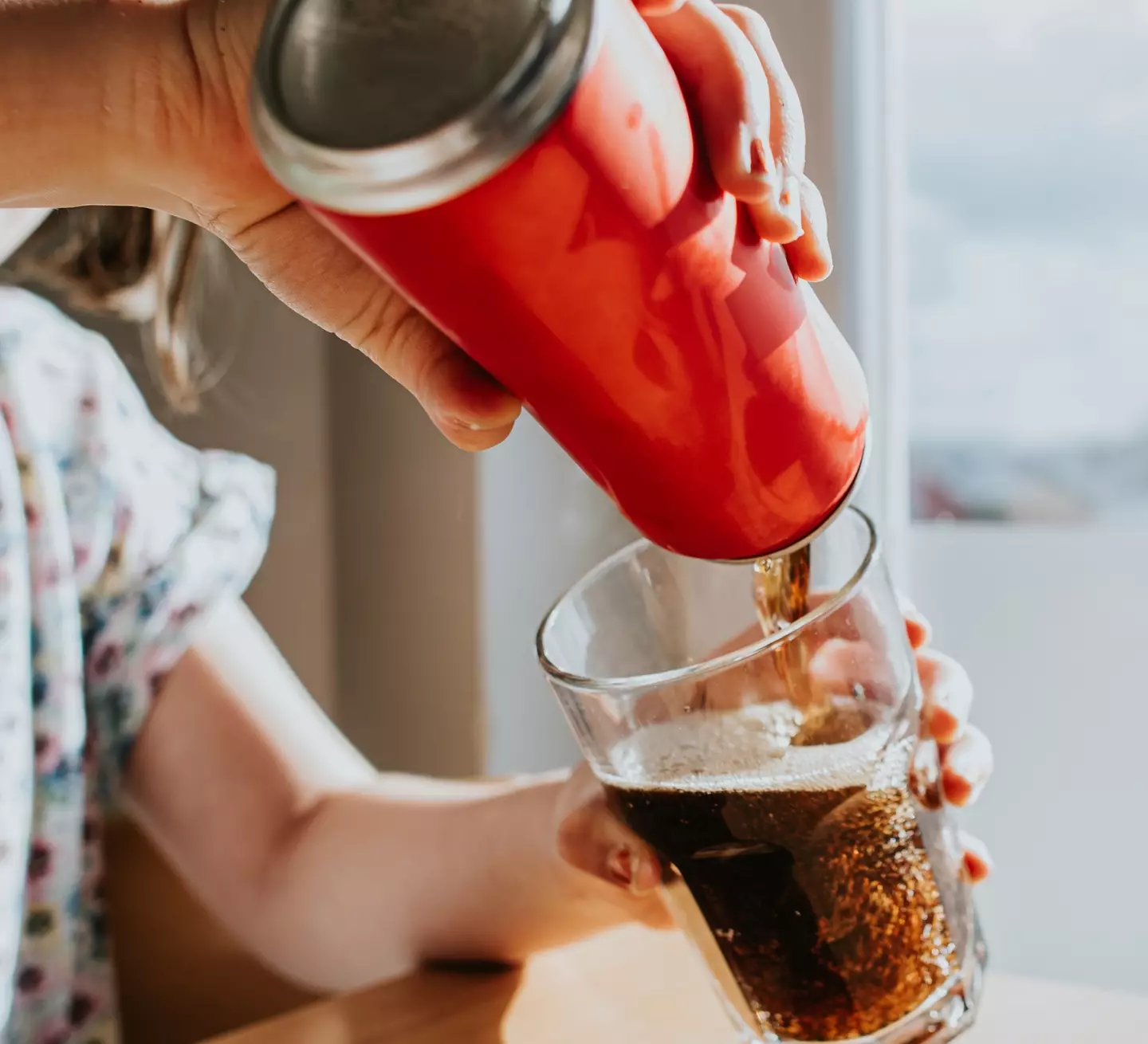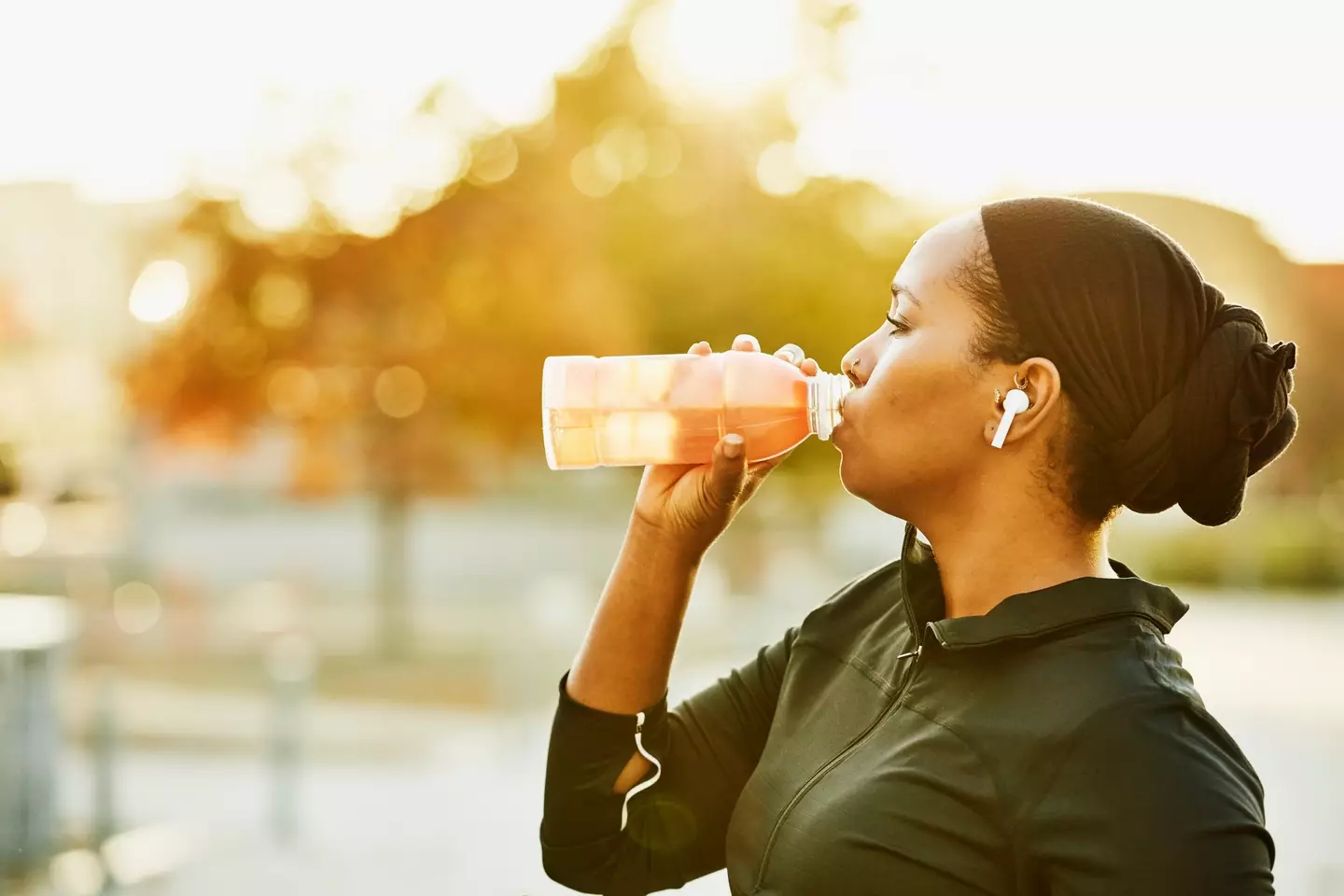
In recent years, functional drinks have become a booming sector of the wellness industry.
They are usually drinks infused with vitamins, minerals, herbs or other ingredients that promise to boost focus, calm anxiety, or support immunity.
These drinks also tend to be sold with a marketing campaign to match their sleek packaging and aspirational slogans. More often than not, they are promoted as quick fixes for modern day stresses and claim to solve everything from sleep to struggling to focus.
Yet experts have spoken out against the functional drinks trend and are warning consumers to be cautious, as behind the buzzwords and fancy marketing, there isn't always scientific proof and they might be promising more than they can prove for our health.
Advert

One example is earlier this year when an advert for a cucumber and mint flavoured drink by TRIP was banned in the UK after it implied the product could reduce stress and anxiety. The Advertising Standards Authority (ASA) found the claims were unauthorised and misleading.
Lena Bakovic, registered dietitian of Live it Up, explained to EuroNews: "If a product is said to help ‘calm’ or ‘relieve anxiety’, these claims have to be backed by science. Over-promising can and will eventually lead to consumer disillusionment, misuse, or apathy for alternative evidence-based methods."
Bakovic isn't the only expert to speak out, as psychologist Alessandra Cucco added: "The placebo effect is particularly powerful in this space because mood and focus are subjective experiences.

"Simply believing a drink will help you relax can genuinely change how your brain perceives stress. That doesn’t mean the products are useless, but it does mean expectation can often amplify their effects."
The rise of functional drinks has also been fuelled by influencer culture on TikTok, Instagram, and YouTube, where wellness figures often promote drinks like Athletic Greens or Huel as daily rituals that can improve wellbeing.
Bakovic added that 'the growing popularity of social media and influencer culture has increased consciousness and perceived trustworthiness of these products'.
However, experts are in agreement that, while sipping these beverages occasionally is unlikely to harm most people, they should not be seen as treatments for serious conditions.

Cucco added: "For people with neurodevelopmental conditions such as ADHD, the picture may be different, and these drinks – placebo or not – are not suitable for medical treatment."
She also stressed that individuals experiencing clinical anxiety or depression should seek professional care rather than relying on functional beverages.
So it can be tricky to know whether drinking these functional drinks is going to offer any benefit, but some do have ingredients that can be a positive. Some drinks contain ingredients like electrolytes for hydration or small amounts of caffeine for focus.
But experts emphasise that they work best when paired with a balanced diet, regular exercise, and good sleep so shouldn't be seen as stand-alone cures.
Cucco said: "I would urge consumers to pause, look beyond the marketing, and do a bit of research before deciding what to buy. Some ingredients may be beneficial, others less so, and taking the time to understand what you’re putting into your body is often the wisest approach."
